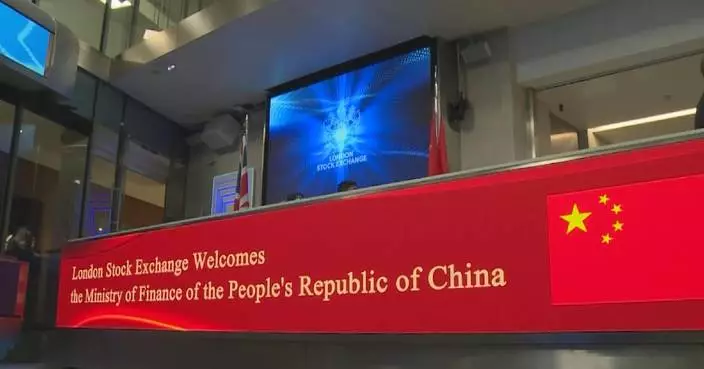REDWOOD CITY, Calif.--(BUSINESS WIRE)--Aug 6, 2024--
Interlynk Inc., which provides Software Bills of Material (SBOM) products and services to medical device manufacturers and independent software vendors, is proud to announce it has been selected by a leading global medical products company to support compliance with FDA mandated cybersecurity requirements.
This press release features multimedia. View the full release here: https://www.businesswire.com/news/home/20240806937523/en/
Under the arrangement, Interlynk will provide BIOTRONIK with SBOM generation, vulnerability reporting and open-source risk assessment across its products that save and improve the lives of millions suffering from heart and blood vessel diseases as well as chronic pain.
The U.S. Food and Drug Administration recently released new guidelines that underscore the importance of SBOM to ensure that medical devices remain safe from cyber threats. The Interlynk SBOM Platform delivers Software as a Service (SaaS) to help meet these compliance requirements in addition to similar requirements stemming from the Cyber Resilience Act (CRA) and the White House’s Executive Order 14028 on Cybersecurity. The platform also allows clients to evaluate risks associated with third-party software; connects software build pipelines for automated SBOM generation; automates SBOM collection through the software supply chain; and monitor open-source license risks as well as the health of open-source components including risk scores, reputation, maintainability and country of origin.
Interlynk also offers an SBOM Program as a Service to provide guidance in building an SBOM program and a roadmap to deploy SBOM to meet compliance requirements of third-party risk evaluation. Interlynk’s SBOM product and services help medical device manufacturers meet stringent cybersecurity requirements and open-source monitoring, and its product helps independent software vendors secure their software supply chains and meet customer-specific SBOM requirements.
“We are pleased and grateful that BIOTRONIK chose Interlynk to support the implementation of their vigorous cybersecurity processes,” said Ritesh Noronha, Co-Founder and CTO of Interlynk. “We are confident that our SBOM Platform and suite of related services will meet and exceed BIOTRONIK’s cybersecurity and open-source monitoring needs.”
Added Director of Global Product Cybersecurity, Alan Fryer: “BIOTRONIK’s commitment to excellence and high-quality standards is unwavering. Our choice to partner with Interlynk is a testament to this commitment. Interlynk’s robust tools enable us to manage SBOMs effectively and expedite the discovery and management of potential cybersecurity vulnerabilities. This strategic partnership strengthens our ability to safeguard our products and, most importantly, our patients.”
For more information on Interlynk, its products and services, visit interlynk.io.
ABOUT INTERLYNK INC.
Founded in 2022 and headquartered in Redwood City, Calif., Interlynk Inc. provides SBOM- and VEX-powered platforms that automate and continuously monitor first-party and vendor software supply chains, helping to meet FDA, CRA, GSA, DoD and other compliance obligations. Interlynk is founded by technology leaders – Surendra Pathak and Ritesh Noronha – with proven experience building complex, data-intensive applications and leading teams to significant exits. For more information, please visit us at www.interlynk.io or contact hello@interlynk.io.
ABOUT BIOTRONIK
At BIOTRONIK, patient well-being is our top priority and has been for more than 60 years. BIOTRONIK is a leading global medical technology company with products and services that save and improve the lives of millions suffering from heart and blood vessel diseases as well as chronic pain. Driven by a purpose to perfectly match technology with the human body, we are dedicated innovators who develop trusted cardiovascular, endovascular and neuromodulation solutions. BIOTRONIK is headquartered in Berlin, Germany, and is represented in more than 100 countries. For more information, contact BIOTRONIK at https://www.biotronik.com/en-us/contact.


(Graphic: Interlynk)

























































